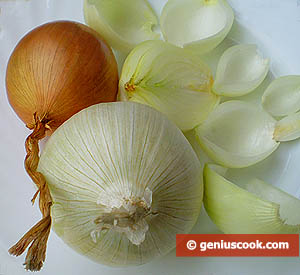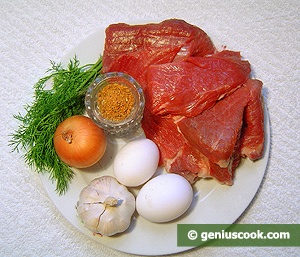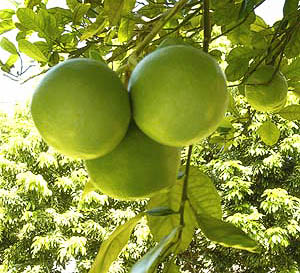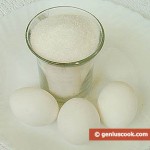Sage
 Sage is a small shrubby plant. It starts as a grass and then grows into a small shrub with silky fragrant leaves covered with nap-like hairs. Sage belongs to the Salvia family (name in taken from the Latin word meaning “to save”). There is a great number of species (about 500). Salvia officinalis, or aromatic medical sage is used in traditional medicine and in culinary all over the world. The aroma of the plant resembles the mixture of peppermint and bergamot with a touch of a fresh conifers favor. The flavor of sage is very close to rosemary.
Sage is a small shrubby plant. It starts as a grass and then grows into a small shrub with silky fragrant leaves covered with nap-like hairs. Sage belongs to the Salvia family (name in taken from the Latin word meaning “to save”). There is a great number of species (about 500). Salvia officinalis, or aromatic medical sage is used in traditional medicine and in culinary all over the world. The aroma of the plant resembles the mixture of peppermint and bergamot with a touch of a fresh conifers favor. The flavor of sage is very close to rosemary.
Health Benefits of Sage
Sage leaves contain up to 3% volatile oils that have antibacterial and anti-inflammatory properties. What’s more, sage contains alkaloids, tannins, camphor, vitamin B1, vitamin P, vitamin C, flavonoids, paradifenol, phosphoric and nicotinic acids, thujone and many other substances.
Culinary Uses of Sage
In Italy, for example, this pungent herb in combination with rosemary is used for making sauces and marinades for fish and meat. To give a spicy, unique and slightly bitter flavor, sage is also added to cheeses, broths, pie fillings and used to aromatize grappa, wines and pickled vegetables.
Sage leaves sautéed in butter is a very popular sauce. It is a good dressing for dumplings, ravioli and tortellini. Topping with grated Parmesan cheese makes these dishes even tastier. You can also season fried eggplants, beans and mushrooms with sage leaves. Just a couple of leaves are enough to give your homemade sausage a zest.
Note: As sage is very pungent, make sure you use it in small amounts not to spoil your dishes.
Therapeutic Effects of Medical Sage
- Sage is especially beneficial for women due to its female phytohormones content.
- Sage fights female frigidity and has a good rejuvenating effect. In ancient times women drunk sage tea as a remedy against sterility, because sage helps strengthen the walls of the womb and promotes the impregnation.
- Sage may reduce anxiety over the menopause period.
- It helps ease the process of many inflammatory gynecological diseases.
Health Benefits of Dried Sage Leaves Tea
Dried sage leaves tea:
- is a good remedy for a chest cold;
- acts as a diuretic and helps fight against kidney disorders;
- is a remedy for gastritis, sore throat, gum inflammation and tooth ache;
- has blood-stopping and astringent properties;
- strengthens memory and helps maintain reasoning powers;
- fights fungus skin diseases and eases psoriasis symptoms.
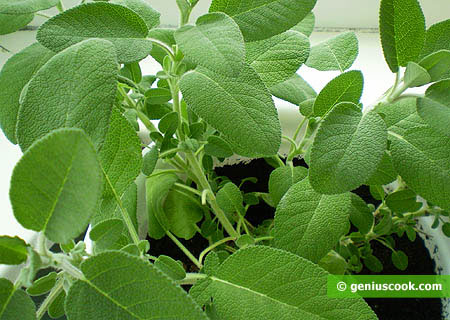
Sage

